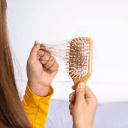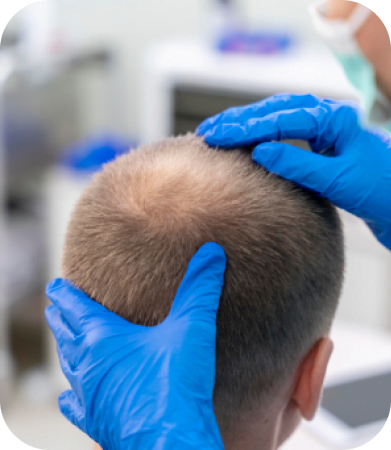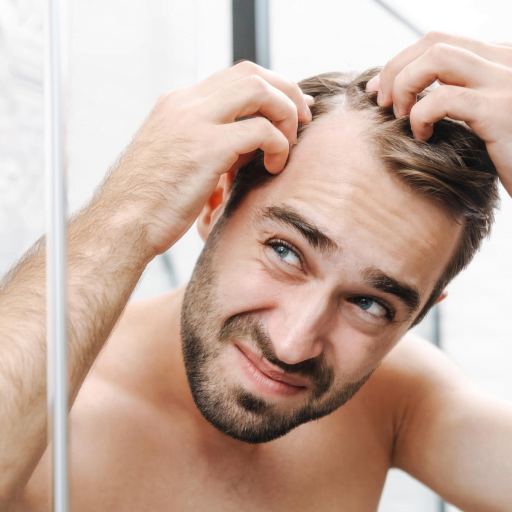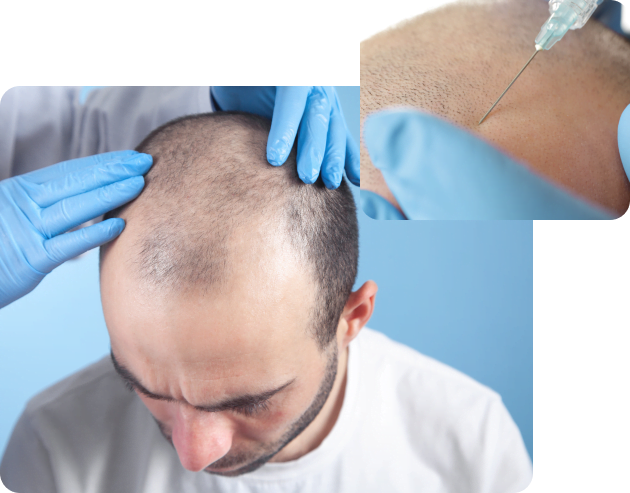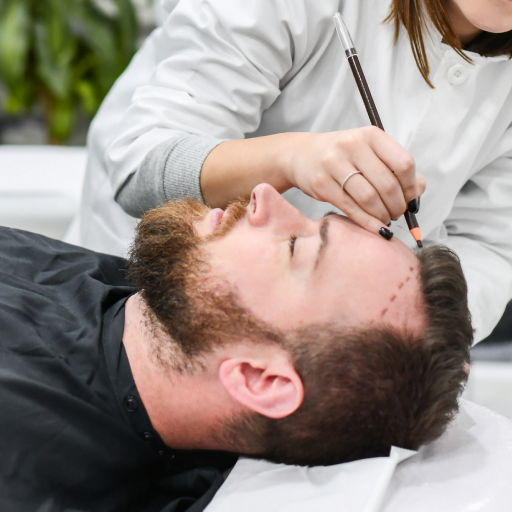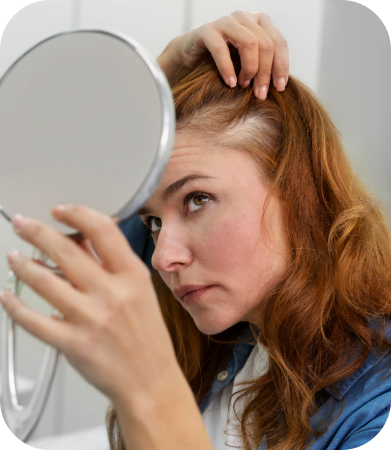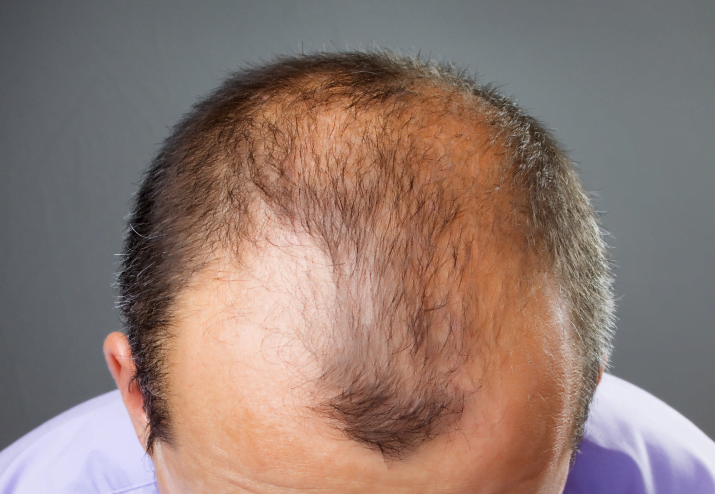Heredity is the number one risk factor affecting whether an individual will lose their hair. A
family history of hair loss is a good indicator, but not an absolute. Androgenic alopecia, also
known as male-pattern baldness, is the most common type. It can begin at any age, even the
late teens or early 20s.
Hair loss is a slow process that develops over years, but by the age of 50 many men with
hereditary hair loss will have visible signs. Male-pattern baldness often becomes obvious
through a receding hairline, along with thinning all over the head. It may also start as a bald
patch on the top or the crown of the head.
One myth that continues to surround hair loss is that mothers are responsible for it. While men
inherit the X chromosome that causes hair loss from their mother, it requires a genetic
contribution from their father’s Y chromosome to activate it. There are 63 genes responsible for
male-pattern baldness, but only 6 are carried on the female X chromosome.
It’s important to know that male-pattern baldness can also skip a generation. Men with fathers
that experience hair loss are more likely to develop it themselves.
Aside from male-pattern baldness, there are other factors that affects hair loss. Stress really can
cause hair loss, along with hormonal changes as men age. Ringworm and some medications can
also result in hair loss. That’s why it’s imperative that individuals make an appointment with a
hair loss specialist who can make an accurate diagnosis.
While the odds of developing male-pattern baldness is greater in some families, it’s not an
absolute certainty. It’s entirely possible for one brother in a family to have male-pattern
baldness while another has a full head of hair and never experiences any hair loss. There are a
variety of options available for those experiencing hair loss, depending upon the underlying
cause.


